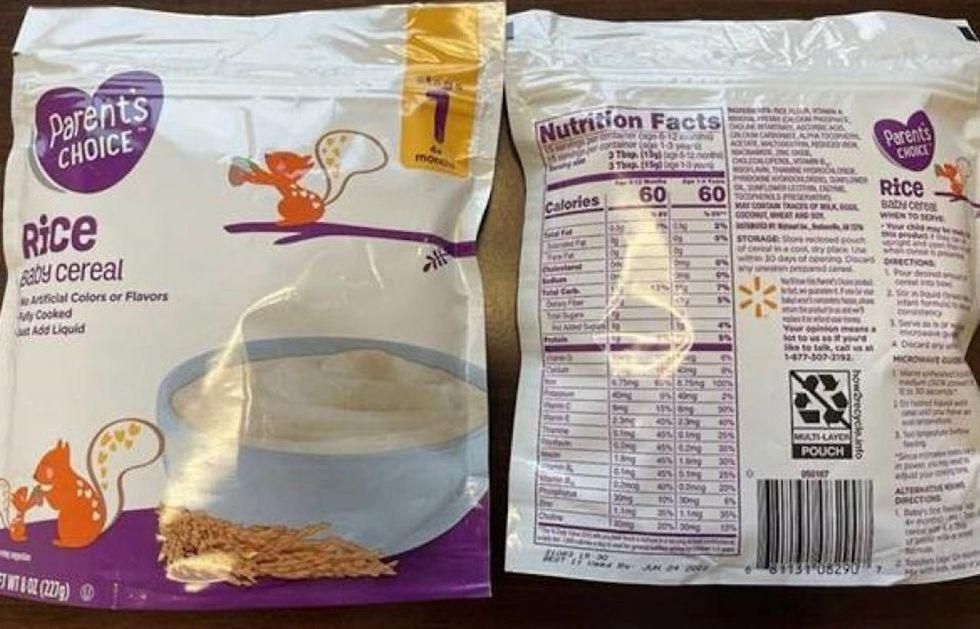
In a development that could mean Johnson & Johnson might encounter resistance over its application for authorization of a booster shot of its coronavirus vaccine, a new analysis filed by the U.S. Food and Drug Administration on Wednesday suggests the company’s evidence may not be strong enough for approval. A key test used by the… read on > read on >






























